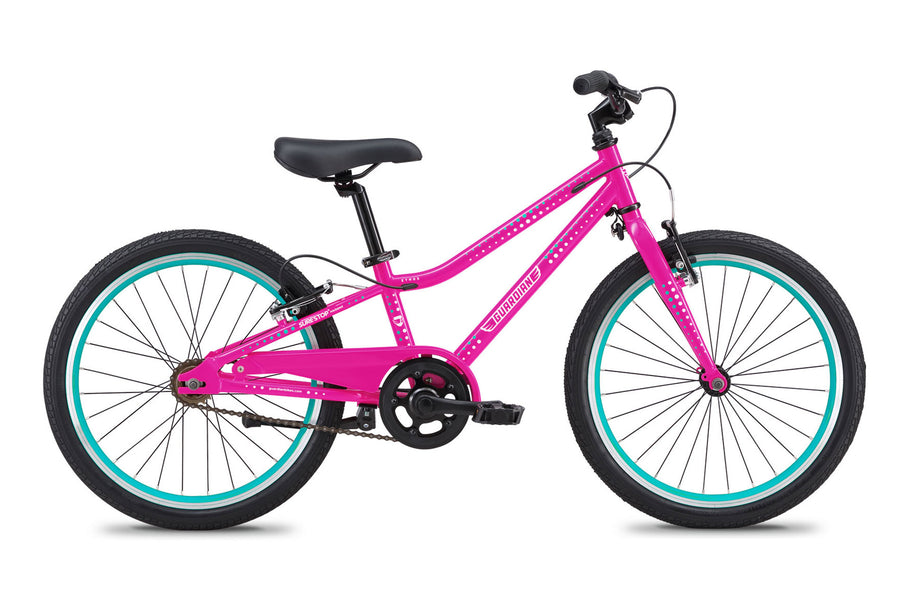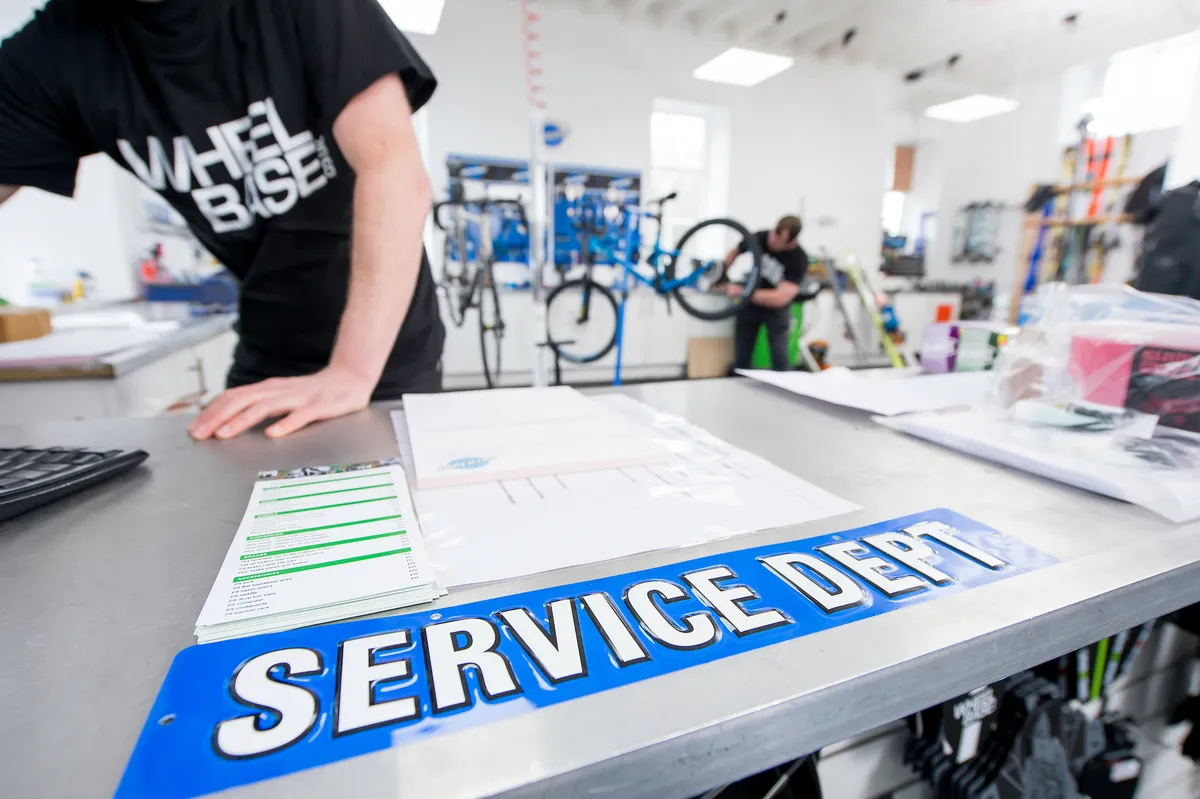Infighting has disrupted the US bicycle industry as proposed tariffs could see an additional 50 per cent duty placed on imported aluminium and steel used in bicycles, frames and electric bikes. Independent retailers warn the move could devastate already fragile margins, but one bike brand supports it.
In a message sent to US retailers on 16 October, SRAM said the proposed Section 232 tariff increases “could have serious consequences for our industry”, warning they would mean “higher costs for you and your customers, reduced product availability, [and] disruption to innovation and supply chains”.
SRAM’s letter urged retailers to join PeopleForBikes in submitting public comments before the 21 October deadline, calling on them to “ensure our voices are heard” and resist measures that could “impact nearly every part of the bicycle supply chain – from raw materials to finished goods”.
“A very difficult economic model”

SRAM’s letter, signed by vice president of global sales John Nedeau and America aftermarket sales director Dragana Pajovic, warned retailers that the new duties would “impact nearly every part of the bicycle supply chain – from raw materials to finished goods”.
“For retailers like you,” the letter continues, “this means margin pressure, delayed product timelines, and fewer choices on the sales floor, and most importantly, a very difficult economic model for all our businesses.”
While acknowledging that the intent of the tariffs is to support domestic manufacturing, SRAM argued “the reality is more complex”.
Industry infighting

The period for public comment on the proposed aluminium and steel tariff saw 95 requests for the inclusion of derivative products. Two of those requests came from Guardian Bikes and the Aluminum Extruders Council, who asked for bicycles, frames and electric bikes to be included.
Guardian Bikes’ filing cites its upcoming US manufacturing facility as part of its rationale to apply tariffs to bicycles, frames and electric bikes.
“Earlier this year, Guardian Bikes announced a $19 million financing with JP Morgan Chase to launch the first large-scale bicycle frame manufacturing operation in the United States,” the company wrote.
“The new facility… represents a pivotal step in reshoring a critical industry that was once a cornerstone of American manufacturing but has been nearly entirely offshored for decades,” it added.
PeopleForBikes disagrees. The trade body has already argued that Trump’s tariffs will be “devastating” for the US bicycle industry, warning that Guardian Bikes’ proposal “would dramatically increase prices, reduce product availability, and threaten jobs across the U.S. bicycle industry”.
SRAM’s letter also urged its retail partners to submit a comment to the US Trade Representative before the 21 October deadline on both the Guardian Bikes and Aluminum Extruders Council’s requests, directing people to the PeopleForBikes’ tariffs web page, which provided a letter template.
What do bike shops think?

SRAM’s letter read: “Voices of small, independent businesses matter and might be stronger than you realise."
Independent bike shops share SRAM’s concerns over the tariffs on imported aluminium and steel.
“With the proposed 50 per cent increase in tariffs, we'll see many companies no longer able to continue doing business,” said Kevin Purcell of Golden Pliers in Portland, Oregon.
“The ripple effect will hit every player in the supply chain, ending with the customers paying substantially more than they had previously,” he added.
Tommy Barse, of Cutlass Velo in Baltimore, said the new duties would compound price hikes that have already forced him to cut back on stock. “All of my product wholesale prices have increased at least 10 per cent,” he said. “When you impose massive increases in costs to US-based companies that use overseas manufacturing, you're eliminating their ability to invest in US manufacturing.”
Purcell says the industry has “limped along for years, constantly looking for new ways to give bicycle commerce a boost amongst consistent decline,” adding that profit margins “have also continued to decline, dipping to new lows of 25 per cent and less for some items.
“We have had to pivot repeatedly in the last five years. At times it's like screaming into the void, but here we are.”
Barse said the proposed tariffs would further strain small businesses’ ability to operate sustainably, and doubts the effectiveness of the tariffs: “While I… purchase goods made in the US when I am able, the reality is: we sold all those jobs to the lowest bidders at the expense of American workers for investors and CEOs to gain a higher yield.
“I don't have faith in our market reclaiming the manufacturing throne.”
You may like
- Trump’s tariffs are causing chaos in the cycling industry, with Specialized and Trek hiking prices – and one British brand calling them ‘naive’
- Garmin expects $100 million impact from Trump’s tariffs – with price rises possible
- Could Italy be the cycling industry's solution to trade wars and tariffs?





